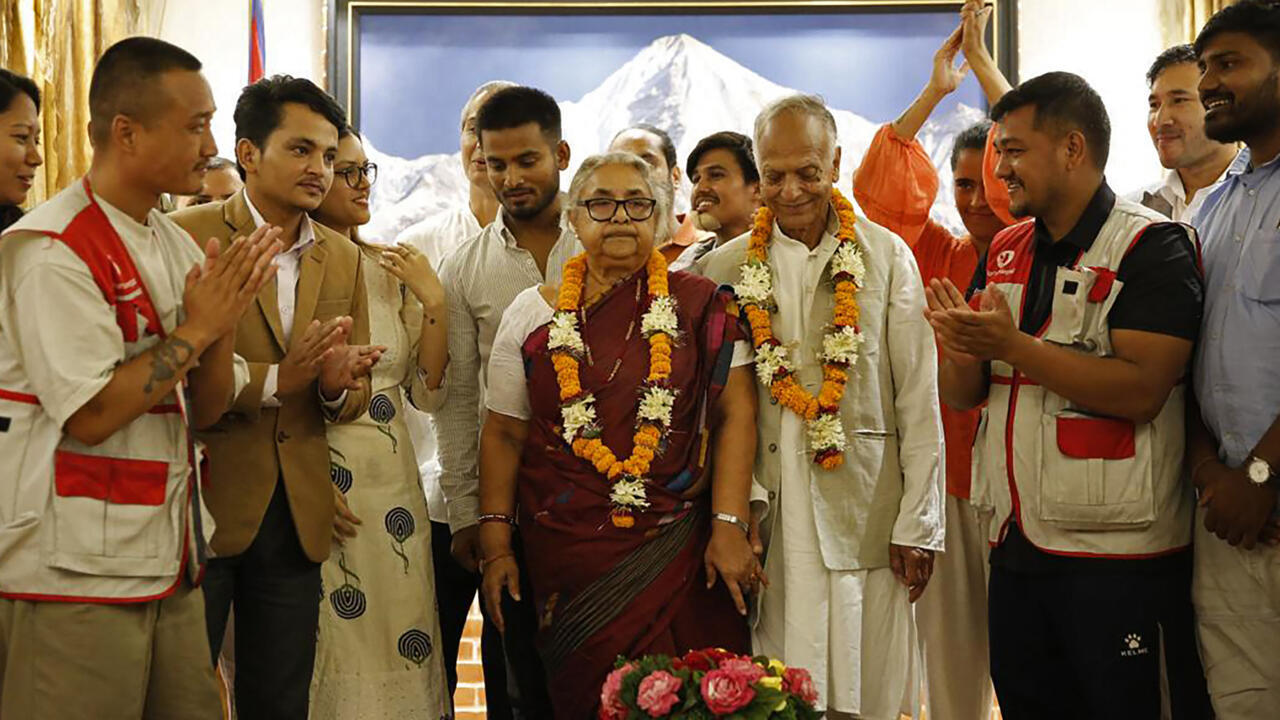Nepal Appoints Sushila Karki as Interim Prime Minister
Nepal has appointed Sushila Karki, the country’s first female chief justice, as interim prime minister following the dissolution of parliament amid mass youth-led anti-corruption protests on September 12, 2025.

Nepal entered a new political era on September 12, 2025, as President Ram Chandra Poudel appointed Sushila Karki as interim prime minister after the dissolution of the 2nd federal parliament. This move followed a week of unprecedented youth-led protests against corruption, nepotism, and social media restrictions, which culminated in the resignation of Prime Minister K.P. Sharma Oli and a deadly crackdown that left more than 50 people dead.
Karki, 73, is a former chief justice renowned for her anti-corruption rulings and is now the first woman to serve as both chief justice and head of government in Nepal. Her appointment was welcomed by the United Nations and international observers, who highlighted the historic nature of her leadership and the hope it brings for greater transparency and accountability. The UN Resident Coordinator in Nepal, Hanna Singer Hamdy, stated that the UN stands with the people of Nepal in their aspirations for peace and justice, and praised the role of youth leaders and the president in facilitating the transition.
Unprecedented Path to Power
Karki’s selection as interim prime minister was shaped by the unique dynamics of the Gen Z protest movement. According to multiple reports, her candidacy was discussed and voted on within a large Discord server used by protest organizers, reflecting a radical shift in how political legitimacy is conferred in Nepal. The server, with over 130,000 members, coordinated protest actions, fact-checks, and even the interim leadership vote, which Karki won decisively. This digital, decentralized process underscores the generational demand for new forms of governance and accountability.
Grave Challenges Ahead
The interim government faces daunting challenges. The protests resulted in widespread destruction, including the torching of parliament, the Supreme Court, and other key institutions. The economy has suffered significant losses, particularly in the tourism and hospitality sectors, with job losses and investor confidence shaken. Security remains fragile, with the army deployed across the Kathmandu Valley and curfews in place, while thousands of prisoners reportedly escaped during the unrest.
Karki’s immediate mandate is to restore order, stabilize the country, and organize fresh elections within six months. She must also address the deep mistrust in traditional political parties, the urgent need for economic recovery, and the high expectations of Nepal’s youth, who demand not just a caretaker but transformative leadership. International agencies, including UNICEF and UN Women, have expressed support for her leadership, emphasizing the importance of inclusive governance and the protection of women and youth rights during this transitional period.
International and Local Reactions
The appointment has been hailed as a milestone for gender equality in Nepal, with Karki serving as an inspiration for women and girls. However, observers caution that the road ahead will be difficult, given the scale of destruction, the political vacuum, and the need to rebuild public trust. The international community, led by the United Nations, has pledged support for Nepal’s transition, while local voices stress the urgency of delivering on the promises of the protest movement.
As Nepal embarks on this uncertain chapter, the success of Karki’s interim government will depend on its ability to restore stability, ensure accountability, and lay the groundwork for a genuinely representative and corruption-free political system.